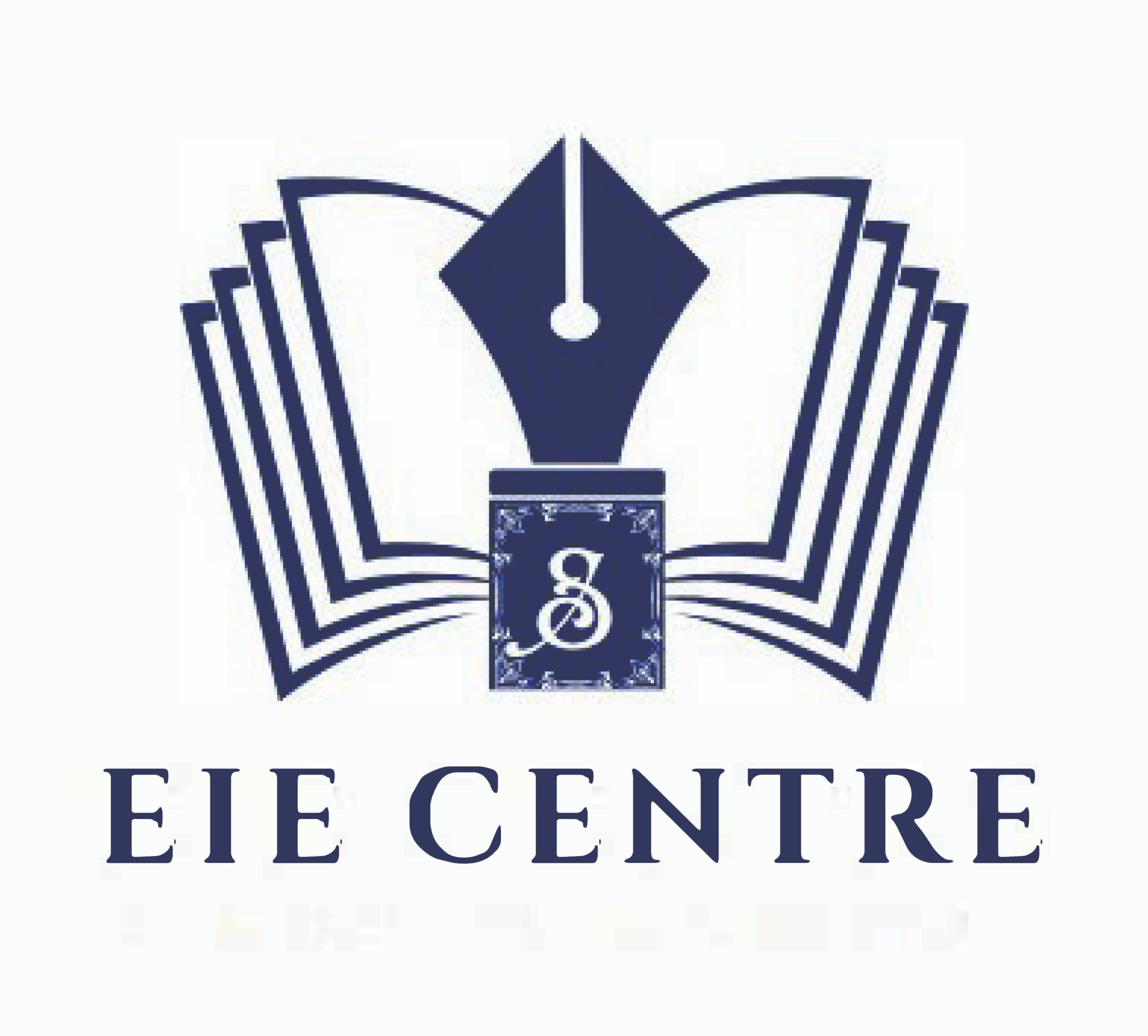Project Management: Tools and Techniques Training Course

About Course
Develop a solid foundation of project management tools and techniques with this comprehensive program. Discover a wealth of valuable, flexible, and easy-to-use tools and techniques that you can use immediately to help ensure the success of any project in any type of organization.
Emphasizing the Importance of Project Management Tools and Techniques:
Effective project management is critical for the successful delivery of initiatives across various industries. The importance of project management tools and techniques cannot be overstated, as they provide a structured methodology for organizing, planning, and managing resources to achieve specific goals and objectives.
By implementing various tools and techniques of project management, professionals can leverage benefits such as better control over project costs, schedules, resources, and risks, leading to a higher probability of project success. This course emphasizes these key benefits and provides participants with the basic project management tools and techniques required to navigate the complexities of modern projects.
By understanding and practicing the concepts covered in this project management techniques and tools course, participants will gain a competitive edge and increase their operational efficiency. From the initial stages of project conception to the final stages of project closure, mastering the tools and techniques for project management can make a significant difference in achieving project objectives and stakeholder satisfaction.
Course Objectives:
At the end of this project management tools training course, the participants will be able to:
- Identify and prioritize project requirements to ensure successful delivery and stakeholder satisfaction.
- Apply best practices to plan and run a project successfully using proven project management processes.
- Implement risk management tools and techniques for identification, analysis, and development of strategies.
- Estimate resources and budgets and schedule task work and duration with confidence.
Targeted Competencies:
Upon the end of this project management techniques and tools training course, the target competencies will be able to evolve ability:
- Project management.
- Performing project scheduling.
- Developing project plans.
- Managing project budget.
- Developing project controls.
- Risk management.
- Cost management.
Course Content:
Unit 1: The Framework of Project Management:
- Choosing the right project lifecycle model.
- Identifying and analyzing project stakeholders.
Unit 2: Project Management Processes:
- What is a process?
- Project management process groups.
- Project management knowledge areas.
- Developing a project charter.
- Documenting the project scope.
- Developing a project management plan.
- Directing and managing project execution.
- Monitoring and controlling project work.
- Controlling changes.
- Closing the project.
Unit 3: Tools and Techniques for Project Scope Management:
- Scope planning.
- Scope definition.
- Developing the Work Breakdown Structure (WBS).
- Scope verification.
- Scope control.
Unit 4: Tools and Techniques for Project Time Management:
- Activity definition.
- Activity sequencing.
- Resource estimating.
- Duration estimating.
- Schedule development.
- Schedule control.
Unit 5: Tools and Techniques for Project Cost Management:
- The cost estimating.
- Cost budgeting.
- Cost control.
Unit 6: Tools and Techniques for Project Quality Management:
- Quality planning.
- Quality assurance.
- Quality control.
Unit 7: Tools and Techniques for Project Human Resource Management:
- HR planning.
- Team acquisition.
- Team development.
- Team management.
Unit 8: Tools and Techniques for Project Communication Management:
- Communication planning.
- Information distribution.
- Performance reporting.
- Managing stakeholders.
Unit 9: Tools and Techniques for Project Risk Management:
- Risk management planning.
- Identifying risks.
- Qualitative risk analysis.
- Quantitative risk analysis.
- Risk response planning.
- Monitoring and controlling risks.
Unit 10: Tools and Techniques for Project Procurement Management:
- Procurement planning.
- Contract planning.
- Solicitation.
- Vendor selection.
- Contract management.
